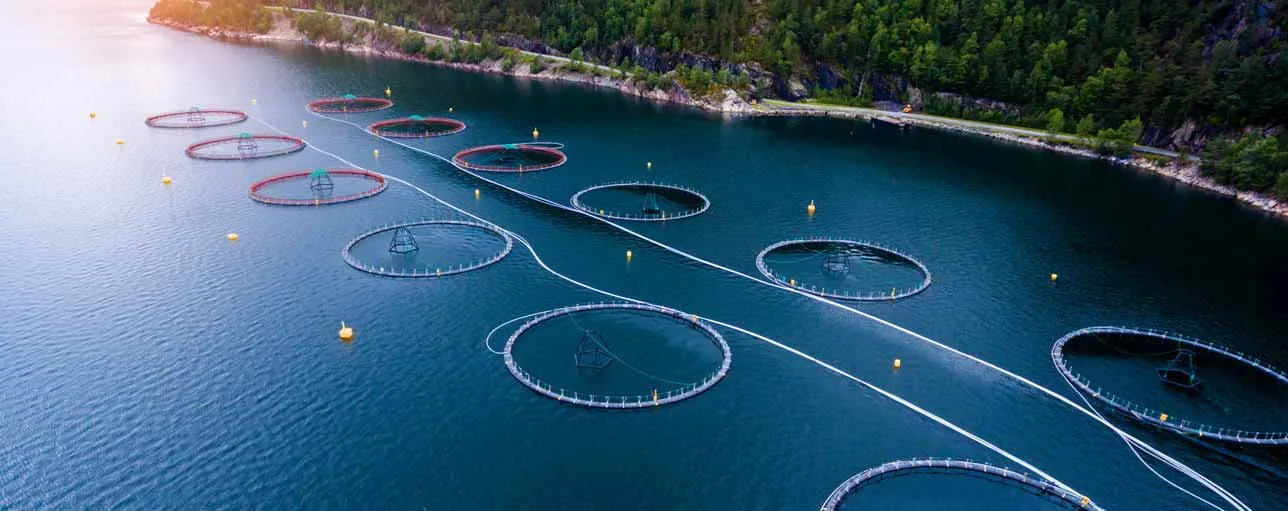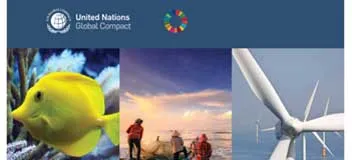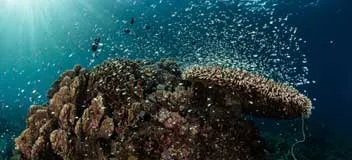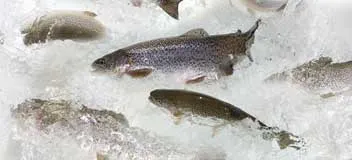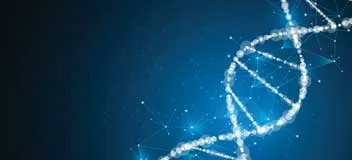The ocean is a data desert. But through a cross-industry effort to set standards for measuring, accessing and sharing data on the ocean economy, we can help hydrate it.
Why the lack of data on ocean economy matters
“We need more accurate and reliable data on ocean economic activity, the state of marine ecosystems and the interactions between the two. This will support decision-makers and help raise general awareness of the importance of the ocean; both in terms of investment opportunities in economic activities and to crucial problems that demand action at many levels.” – Bente Pretlove, Programme Director, Ocean Space.
Building better links and practices across industries for measuring, analyzing and sharing data on ocean-related activities will help us towards meeting not only the United Nation’s Sustainable Development Goal #14: Life Below Water, but also the goals related to climate, food and energy.
But more transparency, streamlined communication and common standards can only emerge from overcoming the following challenges.
Four challenges in charting ocean economy data
During a workshop hosted by DNV and Microsoft ‘Accelerating action for a healthy ocean’ on 9th-10th October, an Xynteo Exchange event, creative minds from business, policy, research and civil society worked on solutions to four main challenges:
- How can we access and share high-quality data on the ocean in order to better manage the activities that depend on and affect it?
To make informed policies and responsible investments, we must improve the processes for collecting, sharing and accessing ocean data.
Some ocean-based industries, including offshore energy, are already making an effort to collect and share data with governments but this practice must become more widespread, while maintaining the data quality and trustworthiness.
- How might we find shared standards to measure ocean-based economic activities and their impact on our oceans?
Measuring the value of the ocean economy goes much beyond the contribution of aquaculture production, cargo shipping, and other ocean-based industries that provide resources and services for the livelihood of over three billion people. It also includes ecosystem services such as greenhouse gas absorption which are much harder to quantify.
At the same time, ocean health is under significant threat from global challenges such as climate change, ocean acidification, habitat destruction and marine littering.
We need to find a better approach to measuring the ocean economy, taking into consideration interlinkages between industries, ecosystem services as well as barriers to productivity represented by the global ocean health challenges.
- How might we identify and incentivize more responsible marine food production across the world?
Our population is projected to grow to 10 billion by 2050. Ocean-based food sources are a main source of protein for a large portion of today’s population, but 90-95 per cent of the world’s wild fish stock is being overfished or fished to maximum sustainable levels.
If we are to provide for growing food demands then our food systems must face a transformation. Aquaculture must undergo some changes to manage its environmental impacts.
Complex value chains and poor data availability make best practices and informed policy decisions challenging, so identifying good data collection, measurement and sharing is essential.
- How might we leverage new technologies as well as better data-sharing to increase efficiencies and reduce emissions in the maritime industry?
According to the International Maritime Organisation (IMO), maritime transport’s contribution to greenhouse gas emissions could increase 50 to 250 per cent by 2050 if left unchecked.
Alternative fuels, changes to technical and operational measures, and new technology could greatly impact the reduction of these emissions. To fulfil this potential, we must improve the data collection and sharing processes among industries, governments and other entities connected to maritime transport.
Solutions: crowdsourced data to origin stories to industry incentives
Attendees at the Ocean Studio hosted by DNV and Microsoft.
The Ocean Studio workshop brought together a broad range of people across industries and together they produced a number of promising ideas for approaching the challenge of collecting, analysing and sharing ocean data.
Some ideas centred around incentivizing ocean activity industries to step forward with innovative solutions to issues such as maritime emissions and the lack of uniformity in data sharing. One group envisioned this being done through a certification system that rewards organizations working towards sustainable development goals for a clean ocean. There would also be a minimum score within this system, resulting in only organizations with this minimum being able to quote for tenders.
Others focused on the power of story. An ideal future would be one in which consumers can choose seafood that is diverse and local. One group believed this could be achieved through a label-based production story with an additional QR-code, based on blockchain technology: similar to DNV’s MyStory ™ solution.
Meanwhile, another group aimed for pollutant-free waterways by 2030 through crowdsourced data collection. By utilizing the spread of smart phones in developing countries, this idea is to incentivize citizens to collect data on plastic and other water pollutants via their phone. The data would be shareable and create a multi-stakeholder data community, generating a communal effort to understand and act on water pollution.
This workshop was part of an ongoing effort to make the ambition for healthier oceans, actionable. DNV continues to partner with the UN Global Compact to contribute to a more sustainable future.
Visit the UN Global Compact website to learn more.
